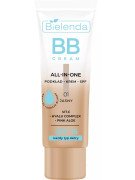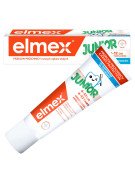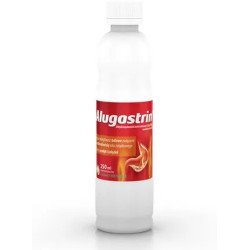Heartburn
Heartburn is a burning sensation behind the sternum, which may even reach the larynx and throat, with a noticeable sour taste in the mouth. The cause is reflux, i.e. the regurgitation of food from the stomach into the esophagus. Reflux can be caused by many factors, ranging from excessive relaxation of the lower esophageal sphincter, the use of certain medications, and ending with overeating. Heartburn medications come in various forms. Drinking syrups (also in convenient disposable sachets), lozenges and regular tablets to swallow, as well as enteric-resistant capsules are available. Apart from the form, they also differ in the way they work. Drugs for hyperacidity are often substances that neutralize stomach acid. These preparations contain alkaline salts (e.g. sodium bicarbonate, aluminum phosphate, calcium or magnesium carbonate) and may be in the form of a "milk" - a white suspension. They are used ad hoc in the event of ailments. Other medications for reflux symptoms coat the lining of the digestive system and thus protect it against the effects of stomach acid.
There are 2 products.









